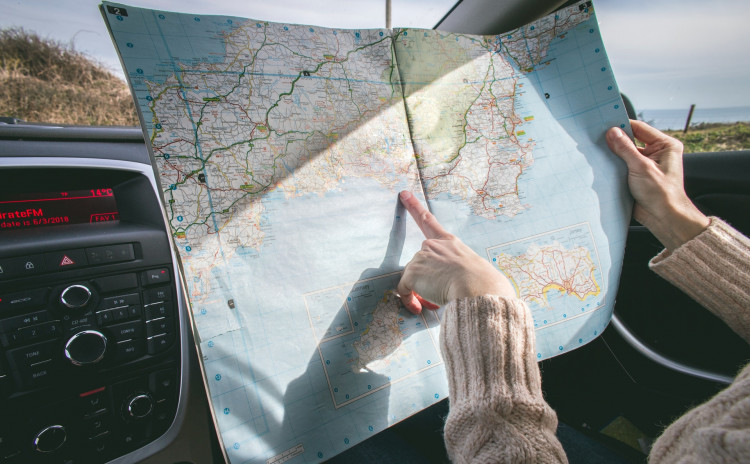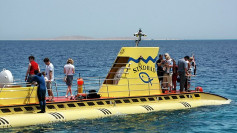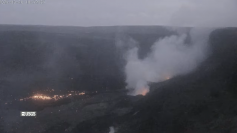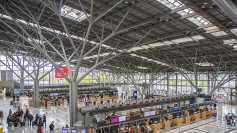It is inevitable for people nowadays to long for a break after so many months of suffering due to the coronavirus pandemic. Given this reason, a lot of people are dying to travel, cross boundaries and embrace uncertainties despite the current condition of the world.
Dr. Michael Ben-Aderet, an infectious disease specialist at Cedars-Sinai, claims despite people's high demand to travel, going to different places at present isn't safe. The expert added how traveling could make a person become a magnet to possible new infections as he goes from one place to another, meeting different people on the way.
Traveling can give a lot of benefits to one's mind and body, which include improved emotional health, decreased anxiety and stress, and a better mindset. But, with the coronavirus, reaching your travel goals can now be very risky and complicated. Here are some of the ways to follow, which could help you be safe.
CONSIDER THE PLACES YOU ARE ABOUT TO GO TO
Though all parts of the world are affected by the global coronavirus pandemic, the infection rate and risks still vary. The higher the infection rate, the higher the risks of contracting the virus. So, now is the time to be picky when choosing where to go.
Learn more about the country or place that you will about to visit especially when it comes to how they handle the coronavirus pandemic. Travel to places with only minimal risks. Choose a destination that only has very low active cases.
CHOOSE THE BEST AND SAFEST PLACE TO STAY
Though there are risks in almost everywhere, there are some places where you can stay during your trip that have already implemented risk-reduction protocols. Some of these protocols include the wearing of protective gear such as face masks and shields, the frequent sanitizing of surfaces, and by closing down areas that are intended for common use. This is to make tourists feel safe during their stay and at the same time lessen coronavirus transmission risks in their place as much as possible.
ENGAGE IN ACTIVITIES THAT ONLY HAS MINIMUM RISK
According to health authorities, several activities could encourage the transmission of the coronavirus. Some of those are watching concerts and attending public events.
Though some activities can be risky, there are still others that are not, shared by Dr. Ben-aderet. Those activities include camping, trekking, and hiking, as revealed by CNN Travel.






